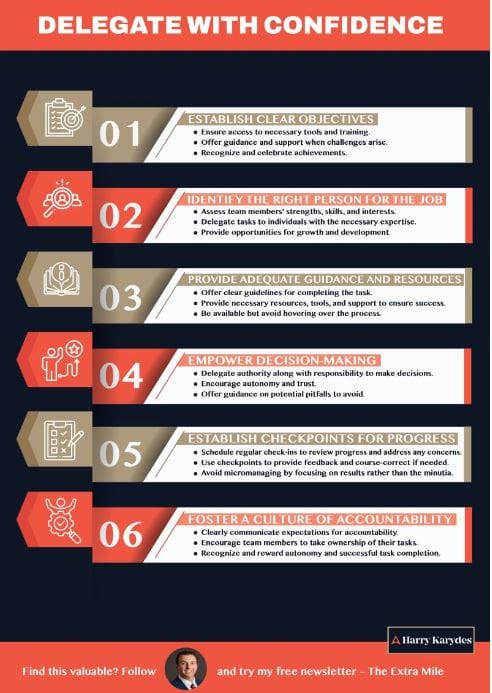One of the most useful models in the context of self-help, coaching and mentoring (among others) is the emotional cycle of change developed by psychologists Don Kelly and Darrel Connor - which outlines how our emotional response changes as we embark on new experiences (e.g. new roles, new skills).
Why is it important? By understanding this emotional cycle of change, we are able to better anticipate and support ourselves (and others) through the various states and increase our chances of success during change.
Below, I share a personal example from my time embarking on studying Computer Science during undergraduate studies - back then I did not know of this model (but whish I did):
Phase 1 - Uninformed optimism: At this stage, I was excited about enrolling in Computer Science. On a day to day basis I was experiencing how technology and software were changing lives and could see the vast potential of opportunities to have an impact. However, this stage was short-lived as I started my first computer programming classes and I was struggling as I did not have any programming background prior to university.
Phase 2 - Informed pessimism: Here I started to realize how difficult the journey ahead is going to be for me to complete a degree in Computer Science. I was starting to doubt and ask myself questions if this was really the road I wanted to take. This questioning was further amplified by: 1) how well I was doing in other subjects outside of Computer Science (e.g. Math, Physics, Chemistry) given I had a stronger base; 2) how much better my peers seemed to be understanding and enjoying the Computer Science classes.
Phase 3 - Valley of despair: Then I hit a bottom mid-way through the second year of the program - the valley of despair. I was almost at a point of giving up on the Computer Science program and switching to other sciences. What saved the situation? One conversation with a senior in the program - 1 year ahead of me - he told me that what I am feeling is something he and many others have gone through. He challenged me to hang on till the end of the first semester in 3rd year. If by then I am still in the same state, then I should feel free to change. I took that advice.
Phase 4 - Informed optimism: As I started my 3rd year, something changed, things started to click, I was now in the fourth stage (informed optimism) and started to feel good again about my level of understanding and contribution. I couldn’t wait to take on more challenges and see myself complete the program.
Phase 5 - Success and fulfillment: By my 4th (and final) year, I could see the end of the finish line for my undergraduate degree. I could now fully appreciate the experience I have gone through and the possibilities that it opened up for me. I was now yearning for more and went on to apply for Masters programs to further my education in this field.

